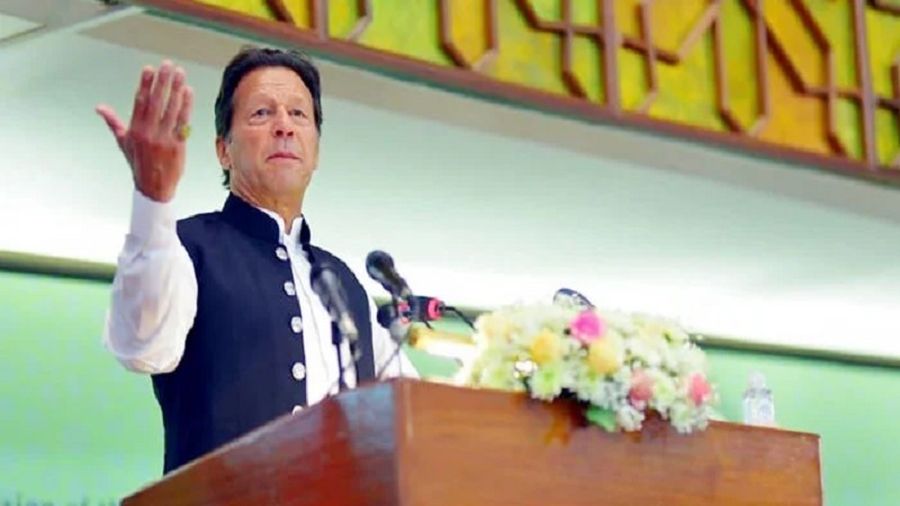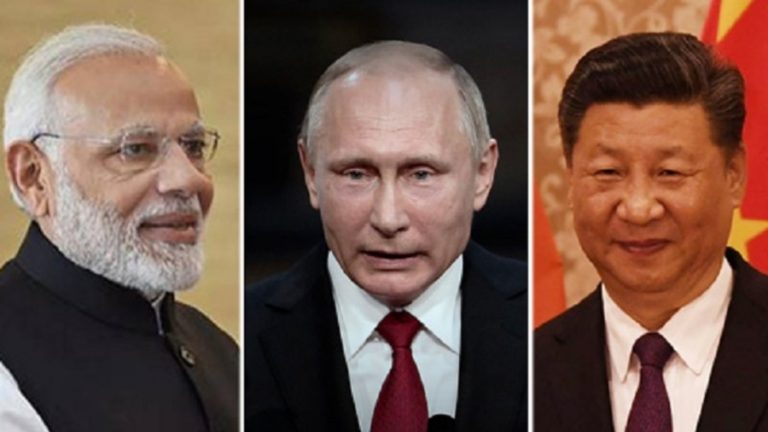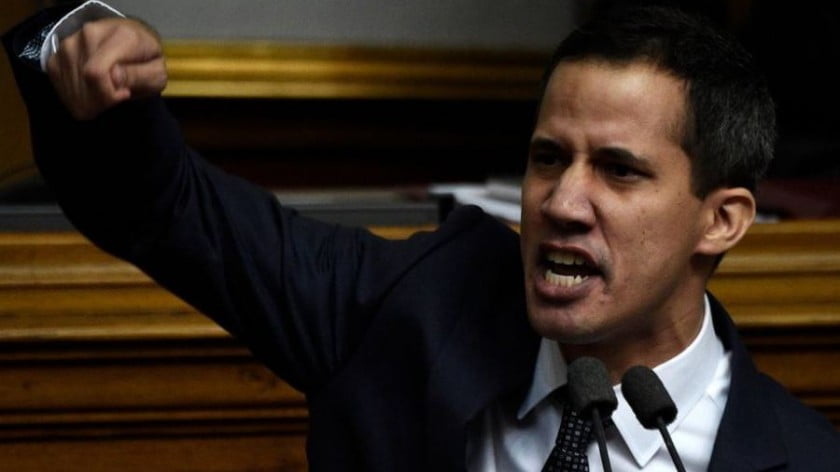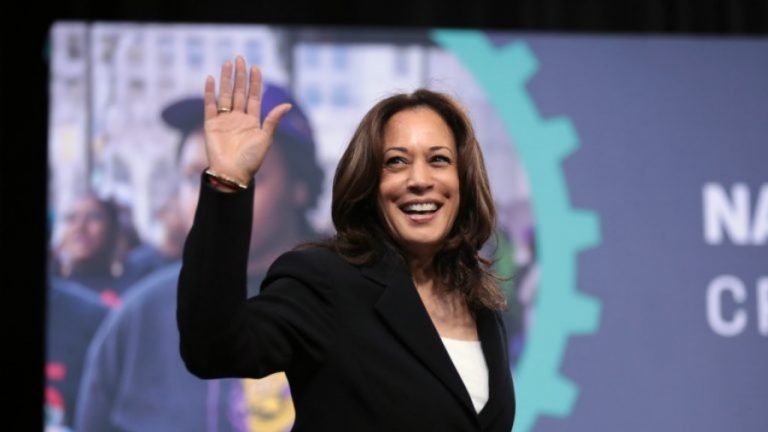Assessing the Prospects of Prime Minister Khan’s China-OIC Mediation Proposal
The takeaway is that those countries like Pakistan that practice policies of principled neutrality are very interested in strengthening their independent credentials by offering to mediate between Russia and Ukraine even if those two might not ask them to do so. Turkey’s existing involvement in these efforts creates a chance for Ankara to de facto involve the OIC so observers should keep an eye on if this happens as well as if China tries to do so too, whether on its own or in coordination with Turkey.
Pakistani Prime Minister Khan proposed during yesterday’s Organization of Islamic Cooperation (OIC) Foreign Ministers’ Conference in Islamabad that this bloc and China, whose Foreign Minister was in attendance for the first time, jointly mediate between Russia and Ukraine in order to bring an end to Moscow’s ongoing special military operation there. This is an ambitious proposal that deserves to be elaborated upon since there’s more to it than casual observers might realize.
The Pakistani leader was quoted as saying that “I’m going to meet His Excellency Wang Yi (Chinese Foreign Minister) after this (summit) and I want to discuss how they (OIC) along with China can all step in and try to stop this (war)… all the countries which are non-partisan … we are in a special position to be able to influence this conflict.” The last two parts of his comments are crucial since they allude to the trend of principled neutrality that’s been revived in the wake of the latest events in Eastern Europe.
This concept refers to those countries that refused American pressure to sanction Russia but also more specifically to those like China, India, Iran, and Pakistan that didn’t vote against it either at the UNGA like Turkey, the UAE, and other OIC members did. “Russian-Turkish Relations In The New Cold War Are Much Better Than Many Might Think”, however, since this symbolic gesture that was presumably done under American duress hasn’t resulted in Ankara sanctioning Moscow or closing off its airspace to its planes.
From this observation and considering the broad range of countries present at the latest OIC FM Conference in Islamabad, observers can conclude that the Prime Minister’s reference to non-partisan states relates to those that haven’t sanctioned Russia and not specifically to those that also didn’t vote against it at the UNGA. It’s also worthwhile mentioning that both China and Turkey are actively seeking to mediate in the conflict so they could prospectively coordinate their efforts in the best-case scenario.
Another point to make is that Pakistan has previously offered to mediate between Iran & Saudi Arabia and between those countries involved in the ongoing Yemeni Conflict. It’s difficult to assess the impact that these noble efforts had on shaping anything of tangible significance considering the fact that they occurred behind closed doors like most mediations do but these precedents prove that Pakistan’s latest mediation proposal vis-à-vis Russia and Ukraine isn’t the first such one that its premier has made.
Considering Prime Minister Khan’s brave rebuffing of the immense US-led Western pressure upon his government to publicly condemn Russia, his remarks yesterday should be seen as reaffirmation of his country’s truly neutral status in the New Cold War that aligns with the non-bloc policy officially promulgated in its first National Security Policy (NSP) from January. From an outside perspective, this shows Pakistan’s growing confidence in becoming an increasingly important international actor.
Russian-Ukrainian ceasefire talks have already seen several rounds of bilateral negotiations between the conflicting parties and it remains unclear what role third ones like China, Turkey, and Israel have played in the humanitarian corridors that have thus far been agreed to. Nevertheless, these efforts are noble in principle and can certainly help both sides reach pragmatic compromises if they have the political will to do so and decide to more closely involve such third parties in this peace process.
While it’s unlikely that Pakistan will be requested to play an independent role in this, Turkey might have an interest in consulting its OIC partners throughout the course of its mediation efforts and thus rebranding its involvement as being carried out on behalf of the OIC. Ankara would thus advance its standing within the international Islamic community (“Ummah”) at zero cost to itself while also bolstering that bloc’s international standing, which serves Pakistan and all other members’ interests.
That seems to be the most realistic possible outcome of Prime Minister Khan’s proposal since it’s unlikely that Pakistan itself will play a major role in this process, whether on its own or in joint coordination with China. Regarding the latter’s interests, it can be argued that they’re served both by continuing its ongoing efforts as they are and also in coordinating with Turkey and/or the rest of the OIC more broadly. Simply put, regardless of whatever China chooses to do, it’ll benefit from the outcome.
The takeaway is that those countries like Pakistan that practice policies of principled neutrality are very interested in strengthening their independent credentials by offering to mediate between Russia and Ukraine even if those two might not ask them to do so. Turkey’s existing involvement in these efforts creates a chance for Ankara to de facto involve the OIC so observers should keep an eye on if this happens as well as if China tries to do so too, whether on its own or in coordination with Turkey.







